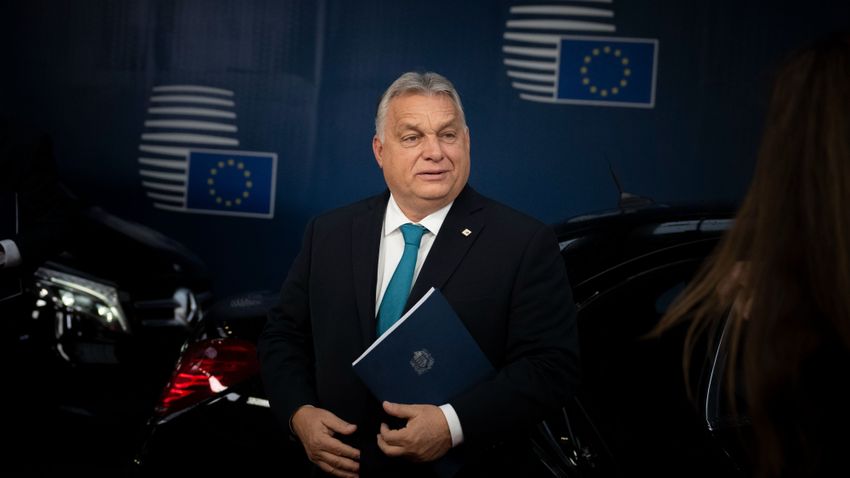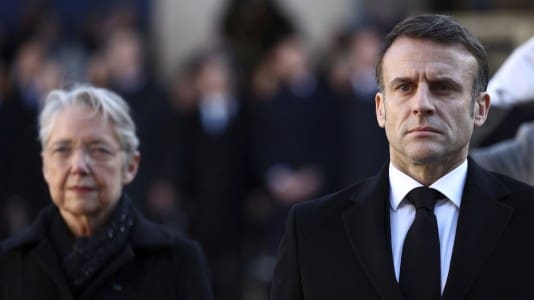In addition to chairing the meetings of the European Council, the acquisition of the Council presidency would mean Hungary playing a central role in forming the new European Commission later this year, Fanni Lajkó, an analyst at the Center for Fundamental Rights, told daily Magyar Nemzet.
Reacting to President of the European Council Charles Michel’s announcement that he will stand in the European Parliament elections and could vacate the presidency, Lajkó said it was a strong start to the year for Brussels.
The international press has begun to speculate about the fate of European Commission President Ursula von der Leyen, Viktor Orbán’s potential influence in Brussels, and the EU in general in the coming period.
Complex EU landscape ahead
The European Union (EU) landscape could become extremely complex with the departure of Charles Michel, she added.
“For Hungary, in addition to chairing the Council meetings, gaining the presidency would mean playing a central role, together with the parliament, in the formation of the new Commission, which is due to take place in the autumn,” Lajkó told the paper. The president of the Council of the EU has a political role, as he or she leads and manages the institution and performs various representative functions. He provides a kind of impetus to the functioning of the European Council, she explained.
Will the EU adopt Hungary’s family policies?
The expert ruled out any speculation that the procedure would be changed, stressing that “there has never been a situation where a prime minister of a member state has taken over the role of president of the European Council because they could not decide who should be the president.” However, the extent to which Viktor Orbán’s strengthening position will allow him to use the EU playing field, for example, to increase political support for his domestic family-friendly policies, remains a question.
“Leaders in Brussels have repeatedly expressed their displeasure with Hungary’s family policy, and no other member state has given such a high level of support to families,” Lajkó said, adding that there is also a possibility that European elites would not accept Viktor Orbán’s proposals out of defiance, as the still overwhelmingly dominant left is against anything related to Hungary. Of course, the level of the majority will depend on the post-election realignment, in which the conservative forces have reason to be optimistic.
“Recent analysis suggests that support for European center-right and center-right party families such as the EPP or IDR will increase, while the left-liberals and the Greens will decline,” Lajkó said.
Can von der Leyen remain Commission president?
After the European parliamentary elections, EU leaders are scheduled to meet on June 17 and June 27-28. It is expected that these summits will aim to find replacements for any vacant positions at the head of EU institutions.
Commission President Ursula von der Leyen could even benefit from the intense political bargaining as a known leading figure. It would not be the first time that a chairperson in the spirit of the so-called “lesser evil” would head the commission. In the current set-up, von der Leyen has no choice but to make conciliatory gestures to Manfred Weber, the president of the People’s Party, to propose him as the top candidate for the job.





